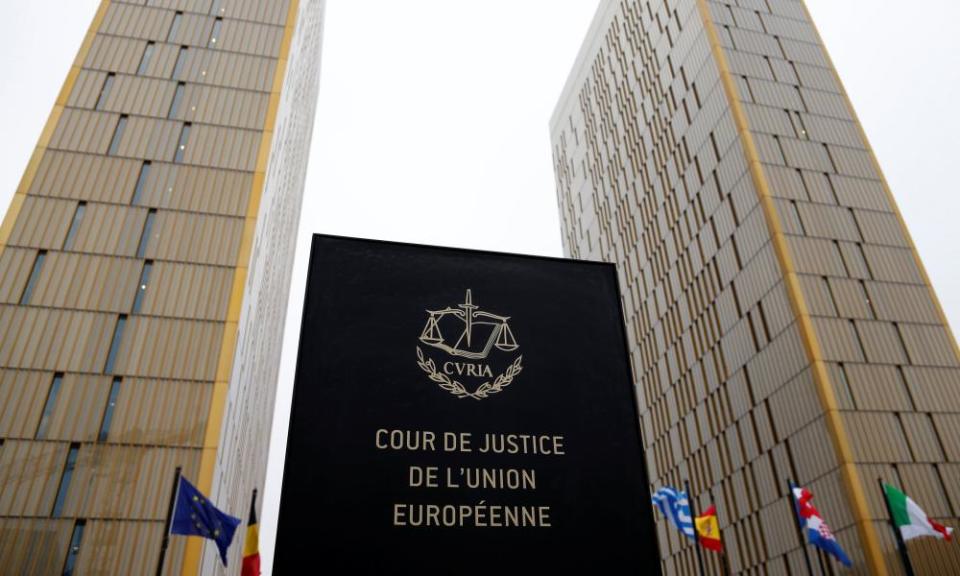UK must retain link with European Court of Justice, say MPs

The UK must retain residual links with the European Union’s highest court after Brexit in order to protect the interests of British business, a Conservative-dominated select committee has urged.
The defiant plea for the government to recognise that the European Court of Justice (ECJ) in Luxembourg has a continuing, positive role to play – and that it is a “price worth paying” – is at odds with Theresa May’s uncompromising vow to extract Britain entirely from its jurisdiction.
In her landmark speech on 18 January, setting out her Brexit strategy, the prime minister declared that staying in the single market “would mean accepting a role for the European Court of Justice that would see it still having direct legal authority in our country.”
That, May said, “would to all intents and purposes mean not leaving the EU at all”.
But the report by the justice select committee, published on Wednesday, suggests that cutting all connections to Luxembourg would be damaging to UK interests.
Ending the “substantive part of the ECJ’s jurisdiction in the UK” is an inevitable consequence of Brexit, the report acknowledged. Denying the Luxembourg court “any binding authority” would be ideal.
However, the report cautioned, “a role for the ECJ in respect of essentially procedural legislation concerning jurisdiction, applicable law, and the recognition and enforcement of judgments, is a price worth paying to maintain the effective cross-border tools of justice … ”
The justice select committee has 11 members: six Conservative, four Labour and one SNP. The chair is the influential Tory MP Bob Neill.
Launching the report, Neill said: “Protecting the UK as a top-class commercial law centre should be a major priority, given the clear impacts on the economy of failure to do so: the government should look to replicate existing provisions as closely as possible.
“Similar provisions in family law provide greater speed in child abduction cases, for example, and represent improvements over their default alternatives.”
The report states that the evidence the committee received “strongly suggests close continuing cooperation in these areas of commercial and family law would, at the least, necessitate UK courts giving due regard to CJEU decisions …
“The risk here is that UK and EU case law on the same provisions begins to diverge in a way that undermines consistency and, potentially, reciprocity.”
Precisely what “due regard” would entail would have to be clarified, the MPs suggested.

 Yahoo News
Yahoo News 